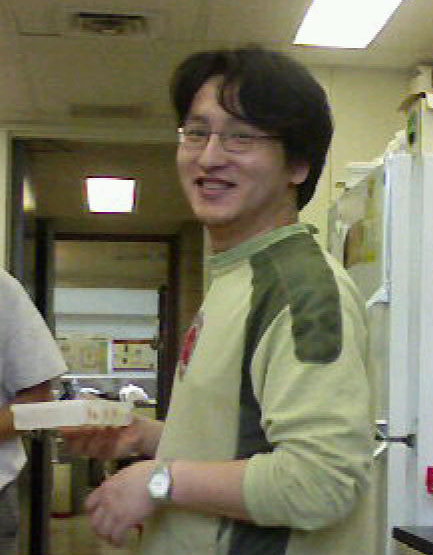![]()

![]()
Postdoctoral fellow
Address
Fox Chase
Cancer Center
7701 Burholme Ave
Philadelphia, PA 19111
Lab tel.: 215 728-2472; 215 728-4311
Fax: 215 728-2412
E-mail: haomin.huang@fccc.edu


![]()

![]()
Postdoctoral fellow
Address
Fox Chase
Cancer Center
7701 Burholme Ave
Philadelphia, PA 19111
Lab tel.: 215 728-2472; 215 728-4311
Fax: 215 728-2412
E-mail: haomin.huang@fccc.edu

